It’s easy to become a foodie in the UAE, with tons of restaurants and diners available in almost every corner, as well as extensive supermarkets that provide everything we need in cooking. But just how aware are we about the meals we waste on buffets and the ingredients that got spoiled because we forgot to cook them?
Apparently, not so much.
In a report by Gulf News, director of United Nations World Food Programme in the UAE Mageed Yahia said that a UAE resident wastes an average of 197 kilograms of food every year. It’s a lot higher compared with Europe’s 95-kilogram waste per person, and USA’s 115 kilograms.
That’s about half a kilogram of food in a day, thrown right into the garbage bin. If you’re living with someone in this country, you’re both basically throwing one kilogram of food everyday—and that’s definitely not something ethical to practice every day.
The report, Yahia told Gulf News, was released by Dubai Industrial Park and The Economist Intelligence Unit. He said that the figures are quite alarming, especially since there is widespread of famine in less developed regions. In a study by WFP about hunger, it showed that there are about 821 million people worldwide who are under- and malnourished—meaning, 1 in 9 do not get enough to eat.
The official said one of the main reasons for the high volume of food waste in the country is lack of awareness, especially on its effect on world hunger and the environment in general.
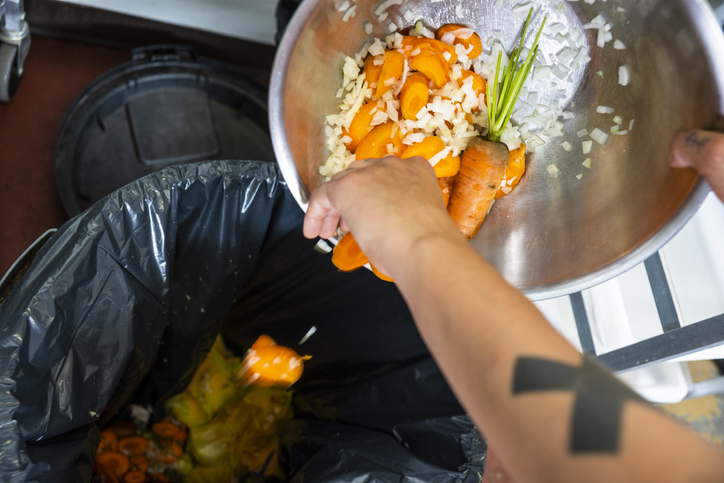
#StopTheWaste
This is why WFP—through its global movement #StopTheWaste—supports UAE’s efforts to reduce food waste around the country.
He noted that the country has shown commitment to food recycling and raising awareness among all residents through various activations.
Gulf News reported that hospitality companies in the UAE have signed the “UAE Food Waste Pledge,” which aims to save three million meals in 2020. The signatories include Dubai Municipality, Etihad Airways, Hilton Hotels and Resorts, Jumeirah Emirates Towers Hotel, JA Resorts and Hotels, and Mayar Facilities Management Company.
Moreover, Gulf News reported that the country’s hospitality sector has introduced Winnow Vision—an Artificial Intelligence-powered camera that detects food items getting thrown into the garbage to help kitchen staff make necessary changes to their food menus. According to experts, this technology saves Dh1.6 million worth of food waste a year.
What can you do to prevent save food?
Yahia told Gulf News that there are several methods in which everyone can take part in the #StopTheWaste movement—and they can be done through just these small ways:
1. Ask for smaller portions; don’t let the takaw tingin principle fool you into ordering a bunch!
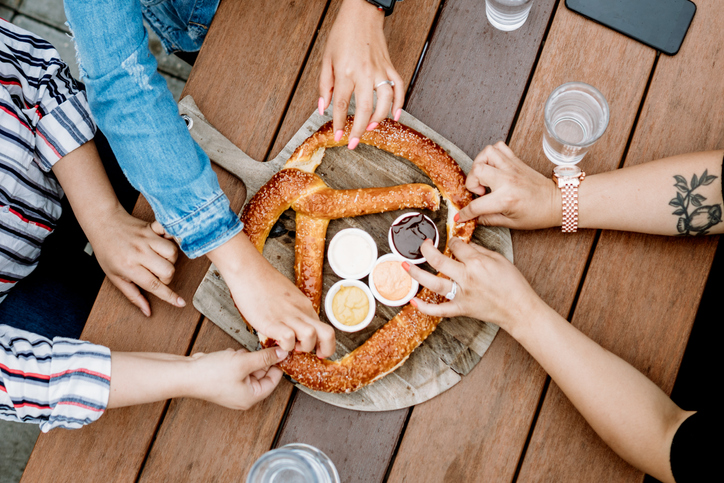
2. Utilize leftovers into ingredients for your next meals, and cook those close to their expiration dates.
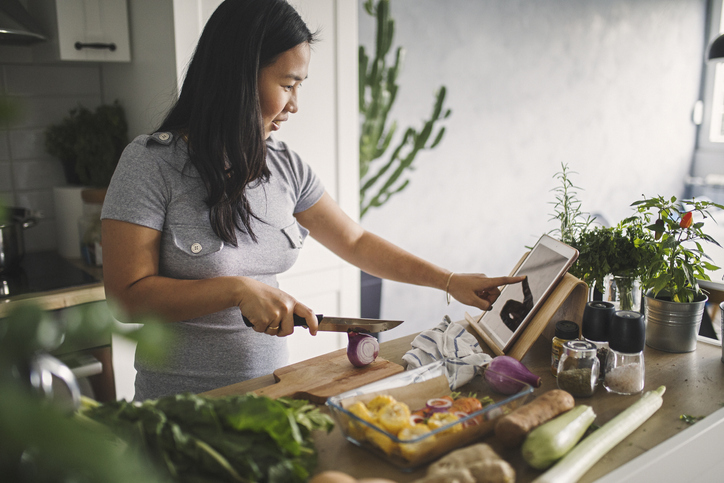
3. Make a list before grocery shopping, and stick to it.

4. Buy blemished fruits and vegetables—they are just as good despite the cover. Experts say that millions of pounds of these ugly fruits go to waste because no one buy them.
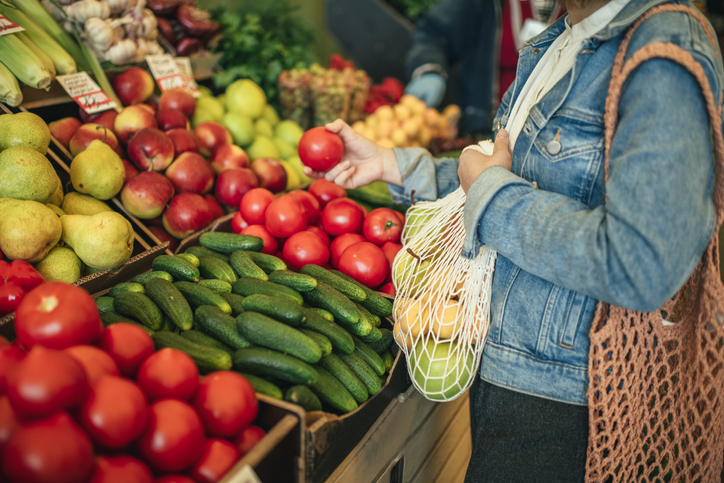
5. Don’t pack your fridge full, and set it only between 1 to 5 degrees to control spoiling.
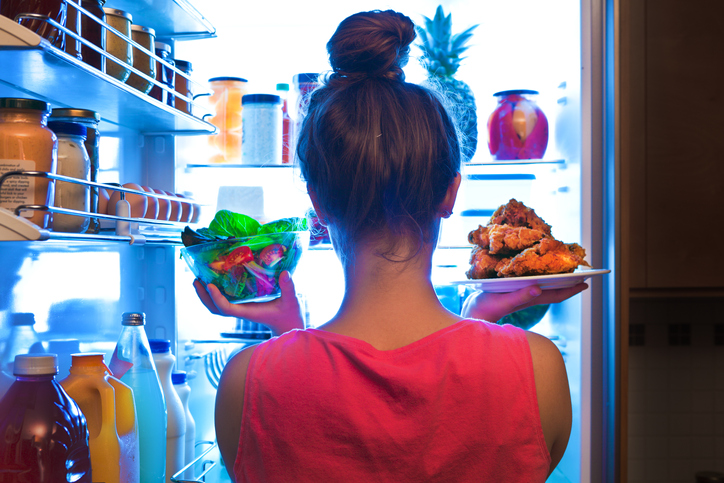
6. Turn food waste into compost
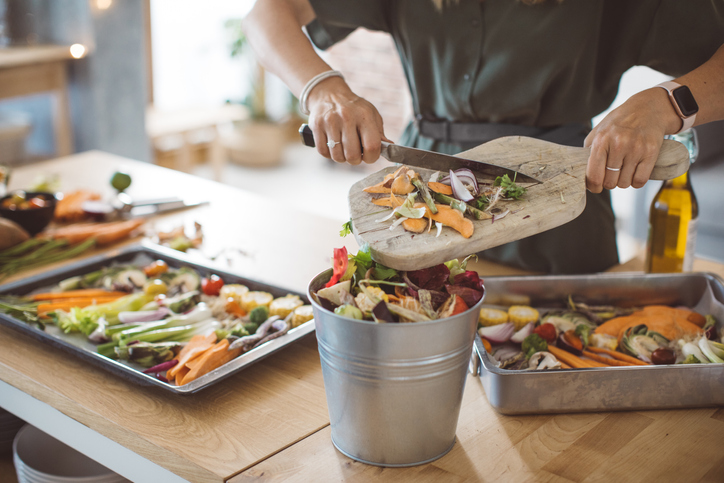
7. Give your excess food to the needy
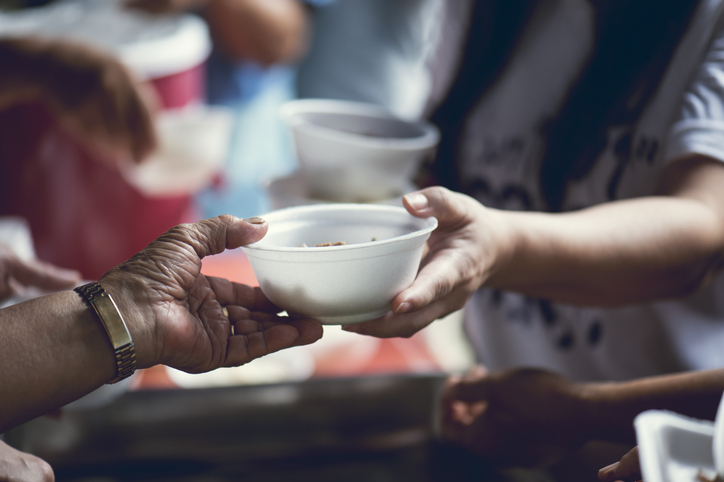
For more information on the #StopTheWaste campaign, WFP encourages everyone to visit: wfp.org/foodwaste



